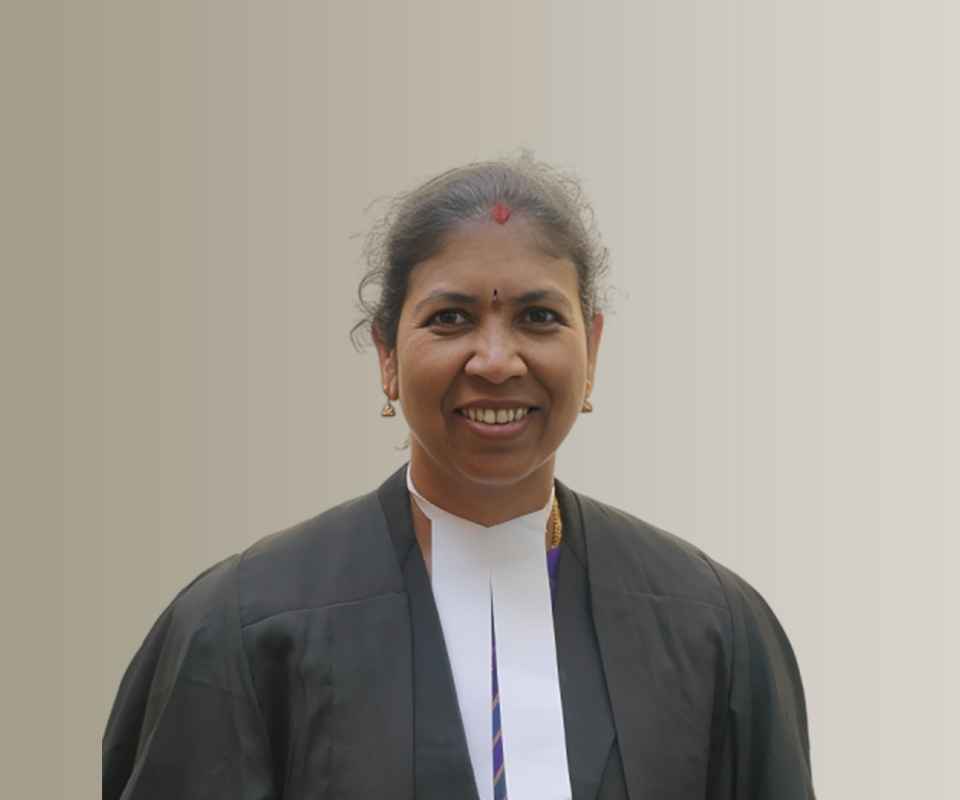Answer By law4u team
In India, personal laws governing marriage are primarily based on the religious affiliations of individuals. These laws dictate the procedures, requirements, and legalities associated with marriage for different communities. Here's an overview of the various personal laws governing marriage in India: 1. Hindu Marriage Act, 1955 Applicable To: Hindus, Buddhists, Jains, and Sikhs. Key Provisions: Conditions for Marriage: The bride must be at least 18 years old, and the groom must be at least 21 years old. Neither party should have a living spouse at the time of marriage. Ceremonies: Marriage can be solemnized according to the customary rites and ceremonies of either party. Registration: Optional but recommended for legal purposes. Divorce: Provisions for divorce include mutual consent, cruelty, desertion, and other grounds. 2. Muslim Personal Law (Shariat) Application Act, 1937 Applicable To: Muslims. Key Provisions: Nikah (Marriage Contract): Requires the consent of both parties, a Mehar (dower) agreed upon by the groom and the bride, and witnesses. Conditions for Marriage: Both parties must be of sound mind and have attained puberty. Registration: Not mandatory, but registration can be done under state-specific laws. Divorce: Includes Talaq (divorce initiated by the husband), Khula (divorce initiated by the wife), and Mubarat (mutual consent). 3. Indian Christian Marriage Act, 1872 Applicable To: Christians. Key Provisions: Conditions for Marriage: The bride must be at least 18 years old, and the groom must be at least 21 years old. Ceremonies: Marriage can be solemnized by a licensed minister of religion or a licensed marriage registrar. Registration: Mandatory, and marriages must be registered with the local registrar. Divorce: Governed by the Indian Divorce Act, 1869, with grounds including adultery, desertion, and cruelty. 4. Parsi Marriage and Divorce Act, 1936 Applicable To: Parsis (Zoroastrians). Key Provisions: Conditions for Marriage: The bride must be at least 18 years old, and the groom must be at least 21 years old. Ceremonies: Marriage is solemnized by a Parsi priest in the presence of two Parsi witnesses. Registration: Mandatory and must be registered with the Registrar of Marriages. Divorce: Grounds include adultery, desertion, cruelty, and other specified reasons. 5. Special Marriage Act, 1954 Applicable To: All Indian citizens irrespective of religion, particularly for inter-religious marriages. Key Provisions: Conditions for Marriage: Both parties must be at least 21 years old. Neither party should have a living spouse at the time of marriage. Notice of Intended Marriage: Requires a notice to be given to the Marriage Registrar at least 30 days before the marriage. Registration: Mandatory, and the marriage must be registered with the Marriage Registrar. Divorce: Grounds include mutual consent, adultery, desertion, cruelty, and other specified reasons. Conclusion The various personal laws governing marriage in India reflect the country's diverse religious and cultural landscape. Each set of laws provides specific provisions for the solemnization, registration, and dissolution of marriages, ensuring that individuals can marry according to their religious beliefs and practices. The Special Marriage Act, 1954, provides a secular option for inter-religious marriages and those who prefer a civil marriage over a religious one.









